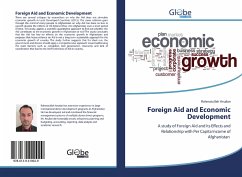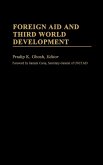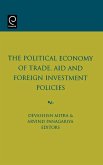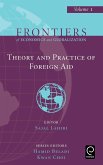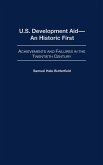There are several critiques by researchers on why the Aid does not stimulate economic growth in Least Developed Countries (LDCs). The same criticism goes through the mind of many people in Afghanistan on why Aid has done so less to growth despite the trillions of US dollars inflow into Afghanistan over a short period of time. This study, applies a scientific quantitative approach to find out whether the Aid contributes to the economic growth in Afghanistan or not? The study concludes that the Aid has had no effects on the economic growth in Afghanistan and proposes that heavy reliance on Aid is not a long term sustainable approach for the economic growth of country. The study further suggests that for short run, the government and donors should apply a comprehensive approach toward addressing the main barriers such as corruption, bad governance, insecurity and lack of coordination that lead to the ineffectiveness of Aid in country.

